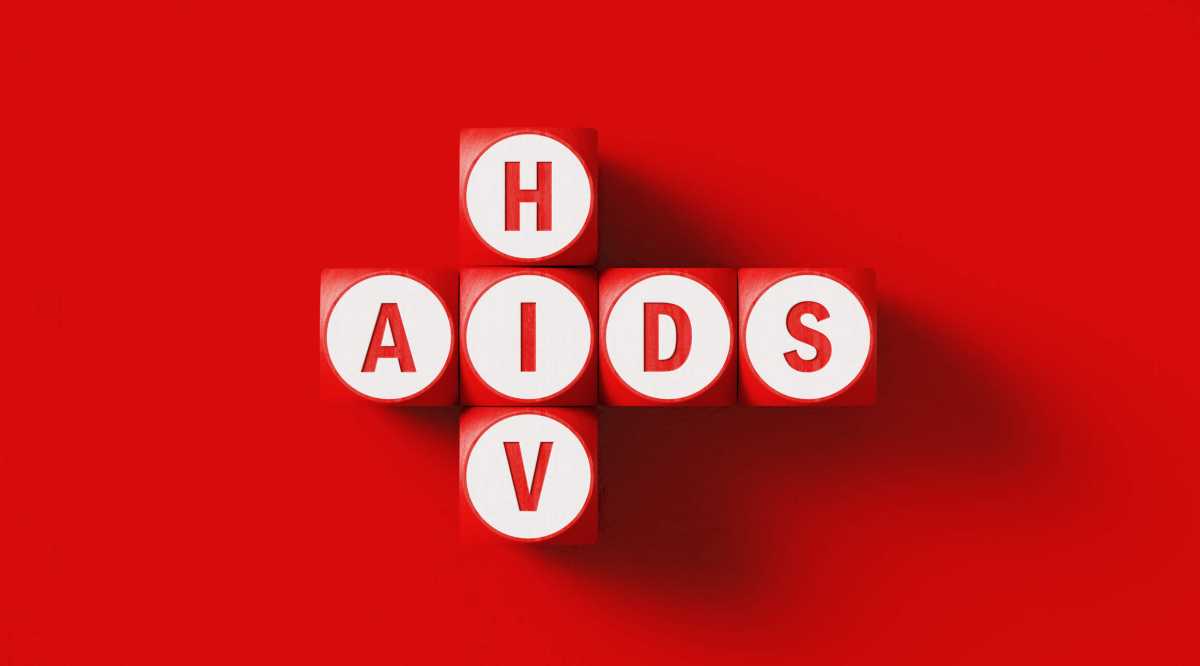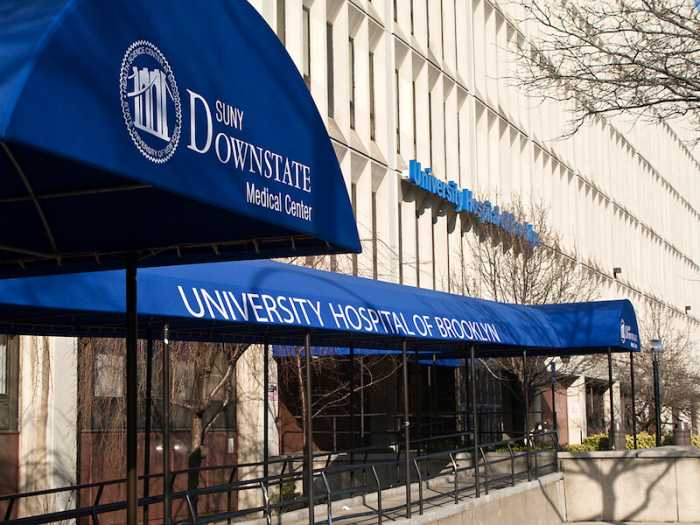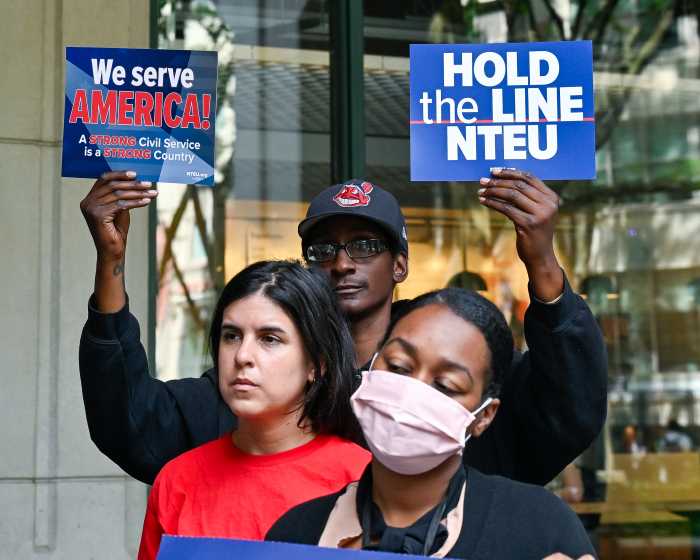Despite progress, the HIV/AIDS epidemic is not over. Newly released data shows that 1,624 people were diagnosed with HIV in New York City in 2022, down slightly from the year before. People of color continue to be disproportionately impacted. Amid the profound challenges our city and world are facing, it can be easy to forget about this decades-long crisis.
As a New Yorker living with HIV, I want to share my story to remind others that we must not lose sight of our efforts to prevent new infections and support thriving among people living with HIV.
I know how it feels to grapple with a positive HIV test. Over 20 years ago, I got my diagnosis while I was dealing with significant challenges and trauma. I eventually went to prison, which is where I began to come to terms with my diagnosis. Upon my release, I was determined to move in a more positive direction. I didn’t know if I would succeed or fail, but I had to try. I am proud and grateful for where I am today and becoming a Peer Health Worker has been a crucial part of my healing journey.
For the past eight years, I’ve been an advocate and support system for others with the Alliance for Positive Change. As a Peer, I am a role model who helps others navigate their health care needs. I tap into my lived experience and professional expertise to support program participants, who trust me because I’ve been in their shoes. I also practice what I preach. My work to support people to visit the doctor is more impactful because I’m going to the doctor myself. In other words, being a Peer both enables me to support others in their health journeys and helps me to maintain my own wellness goals.
The recent data shows we still have work to do, especially in terms of viral suppression. 90% of the individuals who were newly diagnosed with HIV in 2022 were linked with care within three months, and 53% of those who were newly diagnosed became virally suppressed within three months.
Quick connection to care and viral suppression are very important in our fight against the virus. If someone is virally suppressed, or “undetectable,” they cannot transmit the virus to others, which is critical for ending the epidemic. Peers like me help people get to the doctor and support medication adherence. We come up with creative solutions, including sharing tactics that have worked well for us, like encouraging the use of pill organizers or helping people set up calendar reminders to take their medication every day. We must continue to invest in training and a paid Peer workforce, as our work is essential to ensuring we can support more New Yorkers to become undetectable in the years to come.
My past and present illustrate the importance of resilience and a supportive community as powerful antidotes to the epidemic. Supporting more Peer Health Workers like me to get trained and to leverage their lived experiences to ensure others get the care they need will go a long way towards finally finishing our fight against HIV.
Nicky Bravo is a Peer Health Worker with Alliance for Positive Change.







































